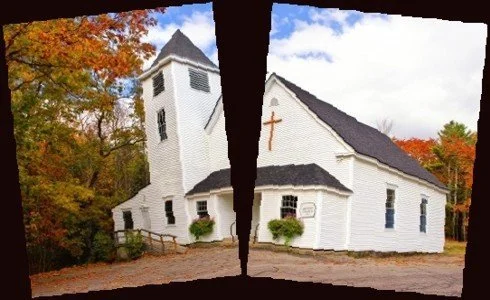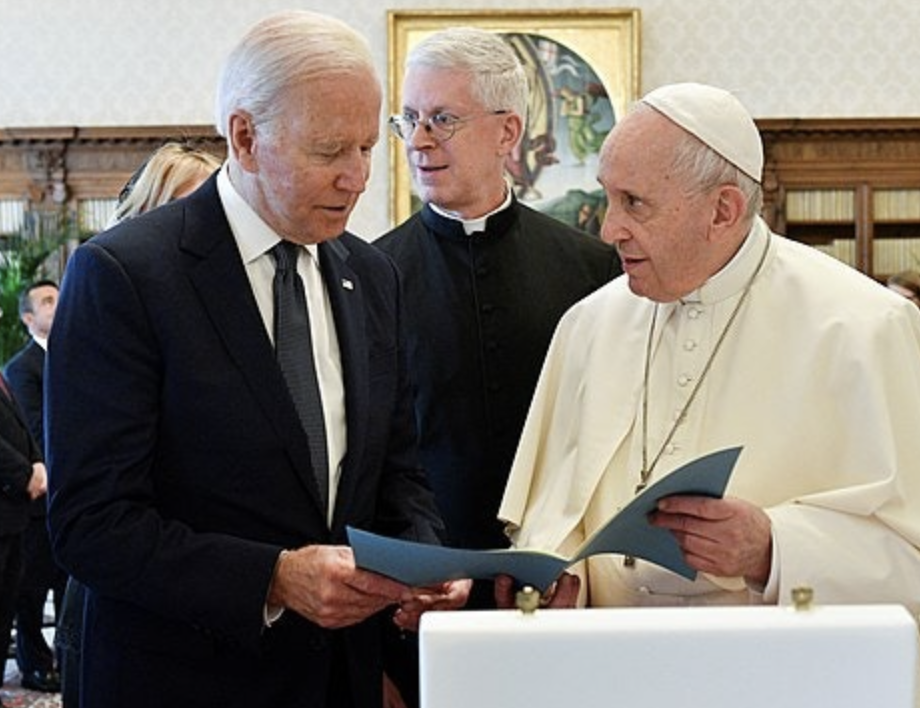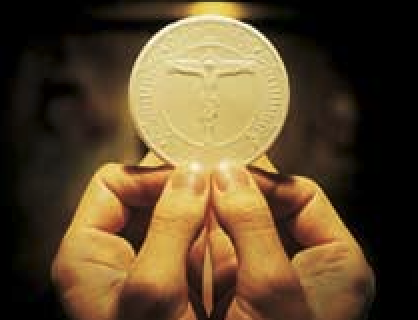After decades of progressive dissent, the leaders of the Christian Reformed Church in America finally took a firm stand against the Sexual Revolution.
Not only did the 2022 CRC Synod, voting 123-53, condemn "adultery, premarital sex, extra-marital sex, polyamory, pornography and homosexual sex," it added the small, but influential, denomination's longstanding teachings on these moral issues to its "declaration of faith."
The report added: "The church must warn its members that those who refuse to repent of these sins -- as well as of idolatry, greed, and other such sins -- will not inherit the kingdom of God." Dissenters should "repent of such sins for the sake of their souls."
Dissent continued, especially in congregations with strategic ties to Calvin University in Grand Rapids, Michigan. At the 2024 CRC Synod, it was clear the denomination would lose several dozen congregations, out of 1,000 in North America.
The Grand Rapids Eastern Avenue congregation proclaimed: "While all members of the church must always be open to the leading of the Holy Spirit, it would be disingenuous for us as a church to deny, minimize, or hide a fundamental and intractable disagreement between a significant number of members of good standing in our church and the CRC's decision to make a particular interpretation a confessional matter." Thus, the "only way we can remain a Christian Reformed congregation with integrity … is under protest."
Head-on collisions are inevitable when believers in a religious institution proclaim -- in word and deed -- clashing stands on ancient doctrines, said the Rev. Michael Clary, of Christ the King Church in Cincinnati. While he is a popular social-media commentator on Reformed theology, he leads a Southern Baptist congregation.
Splits will occur -- because of core beliefs on both sides. Progressives truly believe doctrines must evolve to avoid causing pain to modern believers. Orthodox thinkers in various traditions truly believe they cannot edit what the New Testament describes as the "faith which was once delivered unto the saints."










